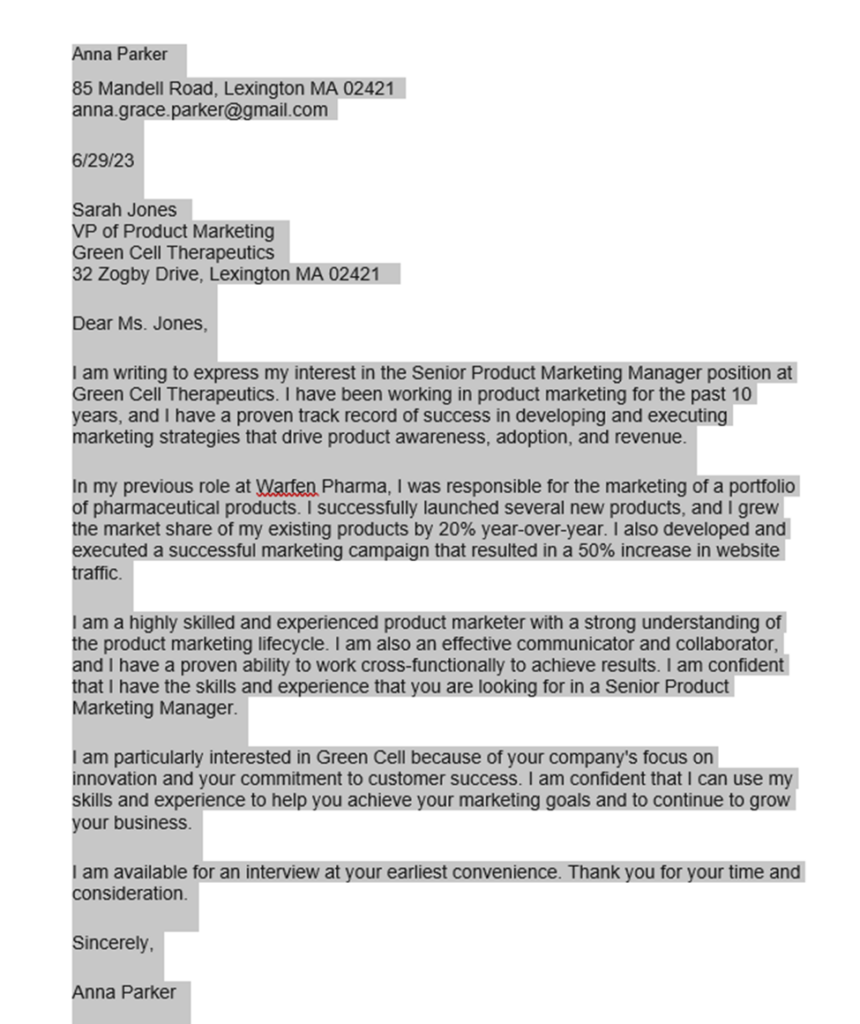Jobseekers and Employees should use AI Detector Pro before submitting cover letters and resumes
You need to Be concerned about AI scanning as a jobseeker
Are you looking for a job right now? We’ve posted before about using AI Detection before submitting AI -generated Resumes. You need to ask yourself some questions before you use AI to produce content for hiring managers (like resumes and cover letters).
You should ask “has this company has banned the use of AI for its employees?”
Companies that banned ChatGPT for all current Employees
Companies that have ban AI for current employees are almost certainly scanning both employees’ and applicants’ content. They will not publicly declare what the recruiting policy is on AI, but job seekers would be well to be wary that their resumes and cover letters are being scanned for AI. All companies on this list have been very clear that they do not want employees using AI because they feel that it puts sensitive information on the internet. Both entry-level and mid-senior candidates should be concerned about this issue because it speaks to HR’s impression of how much risk you pose to the organization if they hire you. If you developed your resume, your cover letter and thank you notes using AI then companies might be concerned that you will use AI in your role at their organization.
Here is a brief list of companies that have been reported in the media;
- Alphabet (aka Google): 135,000 fulltime employees
- Apple: 164,000 worldwide employees
- Samsung: 266,673 employees
- Verizon: 130,000 employees
- Bank of America Corp.: 217,000 employees
- Citigroup Inc.: 239,903 employees
- Goldman Sachs Group Inc.: 48,500 employees
- Wells Fargo & Co.: 238,000 employees
- JP Morgan Chase & Co.: 240,000 employees
- Amazon (where employees can’t use ChatGPT): 1.1 million employees
2.8 million employees at some of the world’s biggest companies can’t use ChatGPT because of risk mitigation and competitiveness concerns. Do you work there or do you want to work there? Then scan before you submit.
How an employer could analyze AI job documents
Let’s walk you through an example of an AI-generated cover letter and how a company could scan it for AI. Anna Grace Parker (not a real person) produced this AI-generated cover letter for a role as a Senior Product Marketer at Green Cell Therapeutics (not a real company). She also submitted an AI-generated resume. Anna Grace’s AI-generated cover letter is good and her AI-generated resume shows she’s an excellent fit for the role. She produced her AI-generated cover letter and AI-generated resume in less than 10 minutes.
Green Cell Therapeutics recently banned the use of ChatGPT for its employees, citing concerns over security, competition and compliance. After internal discussion, the HR department decided to reject any candidate with AI-generated job documents, including AI-generated resumes and AI-generated cover letters. Green Cell did not announce this policy publicly, but every time a candidate submits a resume or cover letter, Green Cell scans the documents for use of AI. Take a look at how this works without AI Detection support.

AI Detector Pro correctly identified Anna Grace’s cover letter as AI-generated, with an accurate risk score of 98/100. AI Detector Pro also helpfully highlighted the words and sentences to edit out.

We edited Anna Grace’s cover letter on her behalf to show you as an example, focusing on the riskier red portions that AI Detector Pro highlighted. AI Detector Pro’s targeted highlights made the rewrite quite easy for us. After about 5 minutes of us editing the highlighted text, the re-written cover letter passed our own algorithms. No one is saying Anna Grace needed to spend 30 minutes on every cover letter. However, five minutes of editing her documents using AI Detector Pro might prevent her from getting tossed in the rejected pile. If so, she should try.

